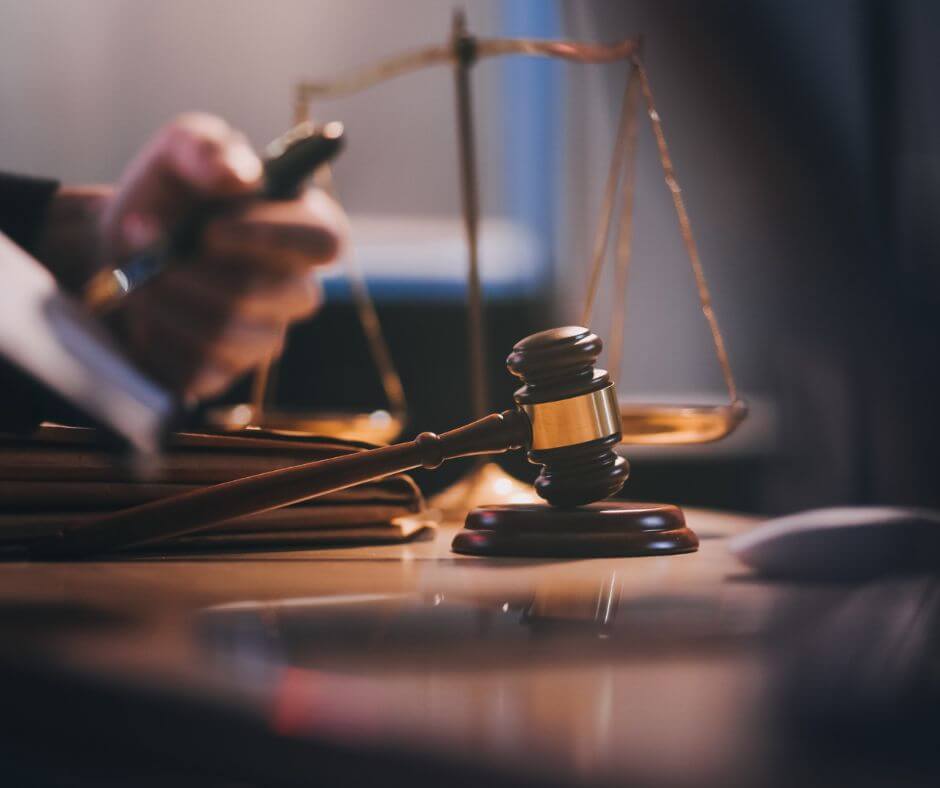
Accident victims often face more than physical injuries—they endure emotional, mental, and financial hardships as well. These hardships are often known as “pain and suffering” in the legal world.
Personal injury cases often include damages for pain and suffering to compensate for the toll the injuries take.
But what exactly encompasses “pain and suffering”? Read on to learn about common pain and suffering examples in personal injury cases and how Georgia law recognizes them.
For a free consultation, please call our Athens, Georgia injury attorneys at (706) 354-4000 or fill out our online form today.
Examples of Pain and Suffering
In personal injury cases, examples of pain and suffering include physical and non-physical damages caused by the accident. Physical pain relates to the actual injury, while non-physical suffering encompasses emotional distress, mental anguish, and diminished quality of life.
These damages aim to compensate for the personal toll injuries take beyond economic losses like medical bills or lost wages.
1. Physical Pain
One of the most obvious forms of pain and suffering is physical pain resulting from injuries.
Examples include:
- Chronic back pain from a car accident that requires ongoing therapy,
- Persistent headaches after a slip-and-fall incident, and
- Severe pain from broken bones or soft tissue injuries that limit mobility.
Physical pain often lasts long after an injury has “healed,” affecting a person’s ability to work, perform daily tasks, or engage in hobbies. Your attorney calculates compensation from medical records, expert opinions, and the expected duration of pain.
2. Emotional Distress
Emotional distress refers to the psychological impact of an accident, such as:
- Anxiety that interferes with daily routines;
- Panic attacks triggered by specific situations related to the accident, such as driving or being in crowded spaces; and
- Depression stemming from the physical limitations imposed by an injury.
Emotional distress often requires therapy or medications, both of which add to the overall cost of recovery. Including these damages in a claim acknowledges the deep psychological burden victims face.
3. Mental Anguish
Mental anguish involves the emotional suffering and trauma experienced after an accident.
It can manifest as:
- Post-traumatic stress disorder (PTSD), which is common among victims of violent accidents;
- A sense of hopelessness, guilt, or shame from being unable to prevent the injury; and
- Intrusive memories or flashbacks that disrupt daily life.
Victims with mental anguish often provide evidence from mental health professionals, along with personal accounts, to demonstrate the impact of their suffering.
4. Loss of Consortium
Loss of consortium refers to how injuries impact relationships, particularly within families.
Examples include:
- A spouse’s loss of intimacy or companionship due to the victim’s physical or emotional state;
- Family members needing to take on caregiving roles, which can strain relationships; and
- Children losing quality time with an injured parent who is less present due to pain or treatment.
Georgia allows spouses and certain family members to seek compensation for these relational losses, recognizing the profound effect injuries have on loved ones.
5. Loss of Enjoyment of Life
Loss of enjoyment of life is a form of pain and suffering, recognizing that victims may no longer be able to participate in activities that once brought them joy.
For instance:
- An athlete who cannot compete in their sport due to a spinal injury,
- A parent who can no longer play with their children because of limited mobility, and
- A social individual who avoids events or gatherings due to anxiety or embarrassment over visible injuries.
This type of suffering is subjective but often supported by testimony from the victim and those close to them.
6. Permanent Disfigurement or Disability
Permanent injuries lead to physical and emotional suffering that lasts a lifetime.
Examples include:
- Scarring from burns causing both physical pain and a loss of self-confidence,
- Amputations that require prosthetics and rehabilitation, and
- Paralysis that limits independence and creates reliance on long-term care.
In Georgia, damages for disfigurement or disability often take into account the lifelong impact on the victim’s daily activities and earning potential.
7. Sleep Disorders
Accidents also disrupt a victim’s sleep, leading to insomnia or nightmares. These issues exacerbate physical and mental health problems, creating a cycle of distress. Compensation may cover the cost of sleep studies or therapies addressing these disorders.
Calculating Pain and Suffering in Georgia
Georgia law does not impose a universal cap on damages for pain and suffering, except in certain medical malpractice cases.
Courts commonly use one of two methods to calculate compensation:
- Multiplier method. Economic damages, the direct costs associated with an accident, are multiplied by a factor between 1.5 and 5 based on the severity of the pain and suffering.
- Per diem method. A daily rate is assigned to the victim’s suffering, multiplied by the days the victim is expected to endure these damages.
Experienced personal injury attorneys play a vital role in advocating for a fair valuation of these damages.
Proving Pain and Suffering
To successfully claim compensation for pain and suffering, victims must present evidence such as:
- Medical records that demonstrate the severity of the injury;
- Testimony from psychologists, therapists, or other experts; and
- Personal accounts or journals documenting how the injury has impacted their daily life.
These documents help paint a clear picture of the noneconomic losses suffered.
Let BBGA Help You Seek Justice
At Blasingame, Burch, Garrard & Ashley, P.C., we know your pain and suffering extend beyond physical injuries. Our attorneys have decades of experience advocating for victims in Georgia, ensuring they receive full and fair compensation. Whether you’re dealing with physical pain, emotional distress, or loss of quality of life, we are here to help.
Call us at (706) 354-4000 or reach us online today to schedule your free consultation. Let us guide you toward justice and recovery.

